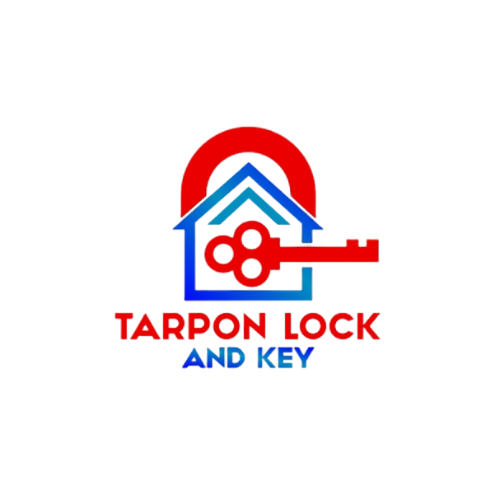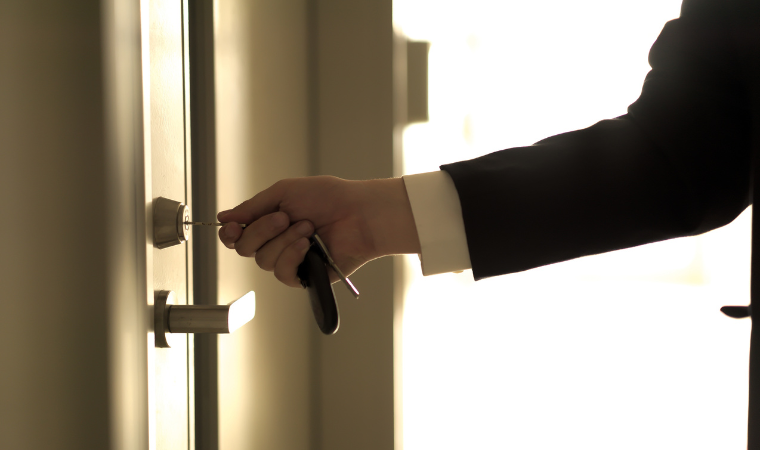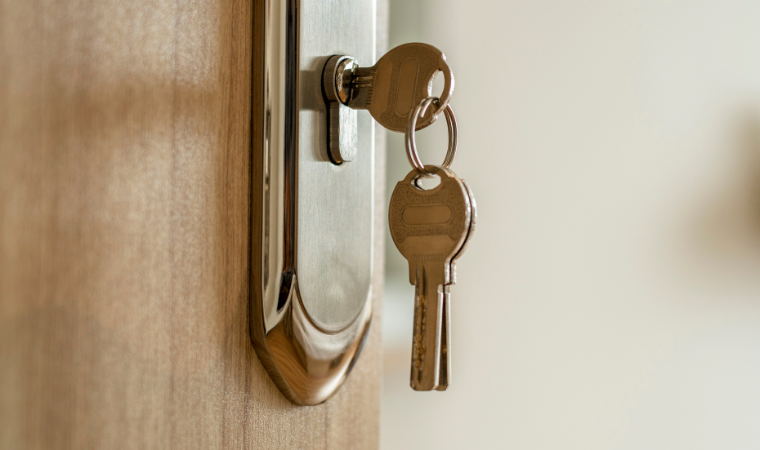Rekeying a house is one of the most cost-effective ways to improve home security without replacing every lock. Homeowners often face the question of whether to rekey or replace locks, and knowing how much does it cost to rekey a house makes that decision easier.
So, this guide breaks down the expenses, options, and strategies to help you secure your home efficiently while keeping costs under control.
How Much Does It Cost to Rekey a House
The cost to rekey a house typically ranges between $40 and $150 per lock when hiring a professional locksmith, depending on factors such as the number of locks, the type of lock, and location.
For an average home with 5–7 locks, you can expect to pay $150 to $500 total. Standard interior locks usually cost less to rekey, around $40–$60 per lock, while high-security locks or deadbolts may cost $75–$150 per lock.
DIY rekeying kits are also available for $15–$50 per lock, but they require some skill and may not work with all lock types.
Factors Affecting Cost to Rekey a House
1. Number of Locks
The total cost depends largely on how many locks need rekeying. Rekeying a single door is relatively inexpensive, but a house with multiple entry points and interior doors will cost more. Sometimes, locksmiths offer discounts if several locks are rekeyed at the same time.
2. Type of Lock
Not all locks are equal. Standard residential locks are cheaper and easier to rekey, while deadbolts, high-security locks, or smart locks require more time, special tools, or expertise, which increases the cost. Some advanced locks may even require replacement if they cannot be rekeyed.
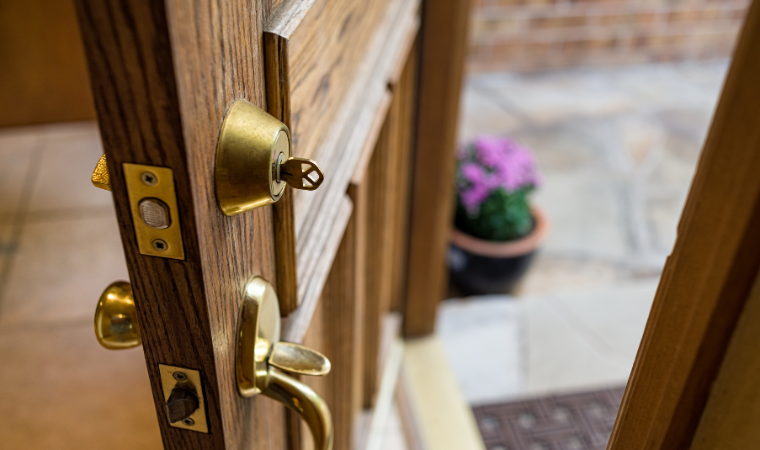
3. Labor Costs
Hiring a professional locksmith adds labor fees to the overall cost. Rates can vary depending on the locksmith’s experience and the complexity of the job. Emergency calls or after-hours service usually cost more.
4. Location
Prices vary by region due to differences in demand, cost of living, and competition among locksmiths. Homes in urban areas may have higher rekeying costs than rural properties. Travel distance to the property can also influence the price.
5. Additional Services
Extra services like rekeying a master key system, garage doors, mailboxes, or cabinets can increase total cost. Some locksmiths provide package deals if multiple types of locks or services are included.
DIY Rekeying Options
Overview of Rekeying Kits Available
- DIY rekeying kits are widely sold online and at hardware stores.
- Kits usually include a new set of pins, a key, a plug follower, and instructions.
- They are designed for standard residential locks, and some kits can handle multiple lock types.
- Common brands include Kwikset, Schlage, and Baldwin, each offering model-specific kits.
Pros and Cons of DIY Approach
Pros:
- Cost-effective: Typically $15–$50 per lock, much cheaper than hiring a locksmith.
- Learning experience: Useful for homeowners who want basic locksmith skills.
Cons:
- Compatibility: Not all locks can be rekeyed using a kit, especially high-security or electronic locks.
- Risk of error: Incorrect rekeying can damage the lock or make it inoperable.
- Time-consuming: It requires careful attention and some manual skill, especially for first-timers.
Safety and Warranty Considerations
- DIY rekeying may void the manufacturer’s warranty if done incorrectly.
- Locks that are damaged during DIY rekeying may require full replacement, increasing cost.
- For high-security locks, electronic locks, or master key systems, professional locksmith services are usually safer and more reliable.
How to Choose a Locksmith
1. Check Licensing and Insurance
Make sure the locksmith is properly licensed in your state or region. Insurance is important to protect you in case of accidental damage to locks or doors during the job.
2. Verify Experience and Expertise
Look for locksmiths experienced in residential rekeying. Confirm that they handle standard locks, deadbolts, high-security locks, and master key systems.
3. Transparent Pricing
Obtain upfront quotes before hiring. Avoid locksmiths who refuse to provide an estimate or give vague pricing. Clarify if there are additional fees for emergency service, after-hours work, or travel.
4. Customer Reviews and References
Check online reviews or ask for references from previous clients. Reliable locksmiths usually have positive feedback regarding punctuality, professionalism, and work quality.
5. Availability and Response Time
Consider locksmiths who can respond quickly, especially in emergencies. Some locksmiths offer 24/7 service, which is useful if keys are lost or locks are compromised.
6. Tools and Technology
Experienced locksmiths should have the proper tools for rekeying various lock types. Advanced locksmiths can efficiently handle electronic, smart, and high-security locks.
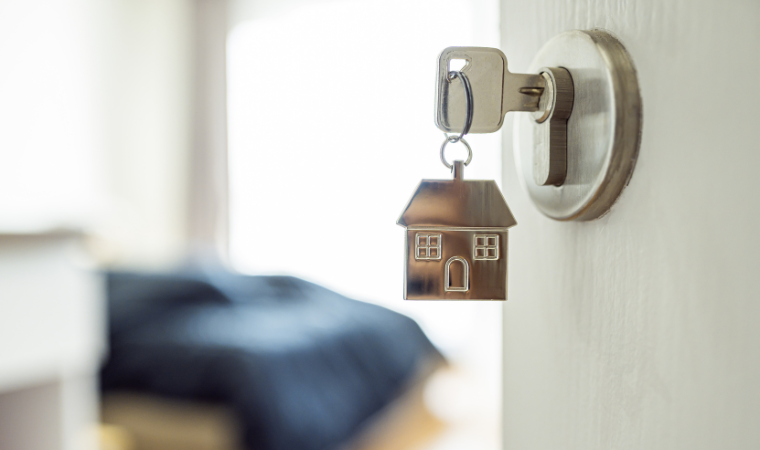
Tips to Minimize Rekeying Costs in a House
- Rekey only the locks that truly need attention, such as main entry doors or locks that may have been compromised.
- Schedule multiple locks to be rekeyed at the same time to take advantage of bulk or labor discounts.
- Compare quotes from several licensed and experienced locksmiths to guarantee competitive pricing.
- Use DIY rekeying kits for standard interior locks while leaving high-security or smart locks to professionals.
- Plan rekeying during regular business hours instead of requesting emergency or after-hours service to avoid higher fees.
Conclusion
Rekeying a house is a practical and cost-effective way to enhance home security without replacing all your locks. Costs vary depending on factors such as the number and type of locks, labor fees, location, and any additional services needed. While DIY rekeying kits offer a budget-friendly option for standard locks, hiring a professional locksmith ensures proper installation, reliability, and safety, especially for high-security or electronic locks.
By understanding how much does it cost to rekey a house, choosing the right locksmith, and following tips to minimize expenses, homeowners can secure their property efficiently and gain peace of mind knowing their home is properly protected.
